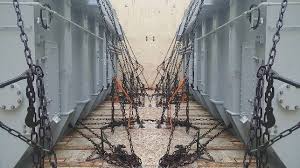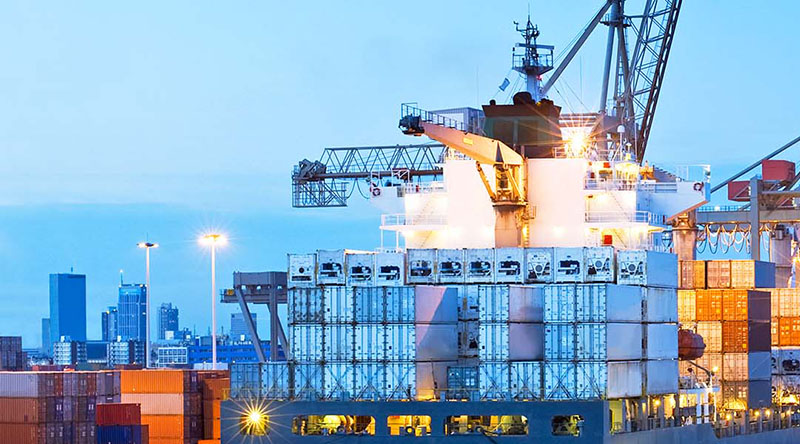As part of collective labor agreement negotiations between international maritime employers and international trade unions for seafarers, it was agreed in February 2018 that the crew of container ships up to 170 meters in length would no longer carry out lashing and securing containers themselves, where such labor could also be performed by shore personnel. This agreement is referred to as “The New Dockers clause” and is laid down in article 4 of the International Bargaining Forum (IBF) framework agreement 2018. The implementation was postponed until latest 1 January 2020 in the following areas: Baltic Sea, Canada, Northern Europe and Western Europe excluding Mediterranean Sea. The new Dockers Clause came into effect on 1 January 2020 for these areas including in Dutch ports. The Clause has been incorporated into central bargaining agreements and in individual crew contracts For the shipping companies involved, the application of this clause can of course have a major impact as it leads to additional costs, but may also lead to delays on account of a potential shortage of shore staff.

In 2020 a lawsuit was filed before the Dutch courts by ITF (the international trade union federation), the Dutch seafarers’ union and FNV Havens against a Dutch shipowner and its crew agents alleging a breach of the Dockers clause because the crew were performing operations on board. In the context of this procedure, the Court of Rotterdam ruled in July 2022 that employers as well as their manning agencies (“crew agents”) are indeed required to comply with the provisions of the “new Dockers clause”. The crew cannot be tasked with lashing and securing containers on board when this can be done by shore personnel/stevedores. The Court also held that European antitrust law is not applicable in this matter, since this concerns an agreement reached as part of collective negotiations between social partners in the maritime industry. The Court however ruled that where it is prohibited for third parties, including shore personnel, to board the vessel in connection with COVID-19 measures, the crew may perform the lashing and securing themselves.
We invite you to contact NNPC Correspondents if you are faced with any issues which may arise pursuant to the enforcement of the Dockers Clause in a Dutch port.

